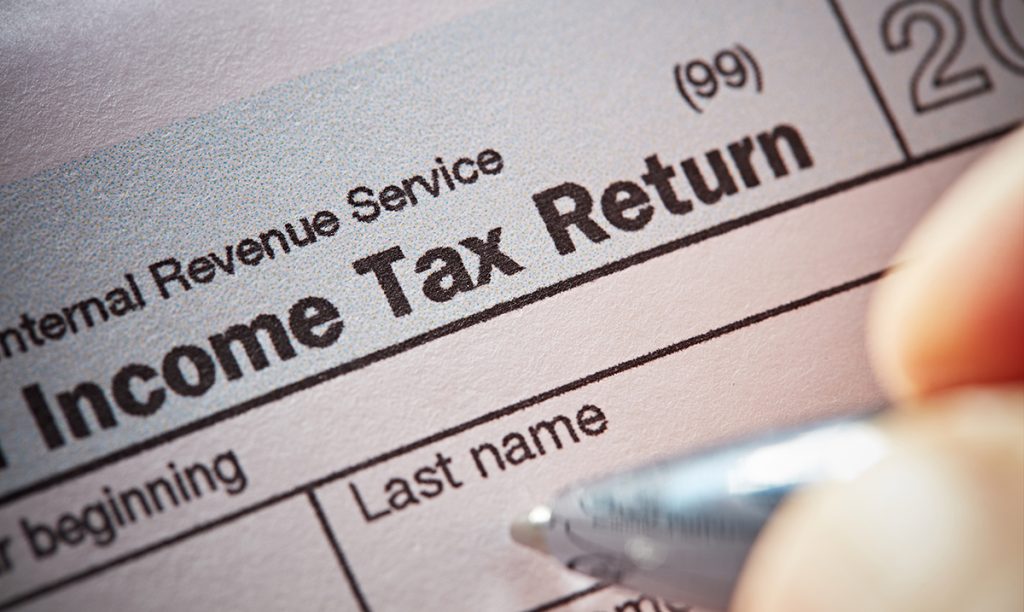Are Your Federal Tax Withholdings Accurate?August 8, 2019

It’s in the books—the first tax season under the Tax Cuts and Jobs Act of 2017, that is. We knew a lot of what to expect from the new tax law, but one aspect that upset many taxpayers was the epic failure of the updated withholding tables. In other words, employers didn’t withhold enough. So employees who typically received refunds in previous years found that they actually owed money for 2018.
According to a survey conducted by ResearchNow/Dynata, 36 percent of respondents said they owed on their 2018 taxes, and 11 percent said they owed for the first time in their lives. Why did this happen?
Many Moving Parts
The changes that took effect in 2018 were the most sweeping tax reform our country has seen in decades. The nuances and uncertainty in the laws essentially became variables for each individual taxpayer, creating a perfect storm for errors in withholdings and other unexpected balances.
The Motley Fool explains:
“A big reason so many filers wound up underpaying their taxes in 2018 boils down to changes in withholding. As part of the 2018 tax overhaul, almost all individual tax brackets were lowered to put more money back into workers’ paychecks, and the IRS released new withholding tables to accommodate that change. Many people, however, didn’t realize that they should’ve checked their withholding to ensure that they were having the right amount of tax taken out of their earnings. And because they failed to do so, they wound up owing money to the IRS.”
The large-scale underpayment was a reminder to taxpayers—many of whom are accustomed to taking their paychecks for what they’re worth and giving no further attention to the details, especially when the checks seem larger than usual—to review their withholdings more closely for potential adjustments.
Bonuses and Stock Options
In situations where clients received bonuses or stock options, we found that the withholdings were often insufficient.
Typically, an employer will only withhold a flat percentage from a bonus or stock option. Oftentimes, that amount is not enough. We suggest that if you know you will be receiving a significant compensation payment, such as a bonus or stock option, request your employer withhold the appropriate amount to minimize your tax burden. An accountant can help you determine that amount.
What to Do Right Now
If you were burned by the new withholding tables, don’t just take it as a lesson learned. Most likely, it will happen again. Now that we are several months into 2019, taxpayers should take corrective action for their withholdings as soon as possible, before it’s too late. This is especially important if you owed a large amount of money with your 2018 tax return.
Moving Forward
In addition to reviewing 2018 to see where you fell short, look ahead to your anticipated income and expenses for 2019 to target a more accurate withholding amount. One finance professional estimates that 80 percent of taxpayers have not updated their withholdings in line with the new tables. If you have income other than compensation and/or are in a transitional year, you may also need to begin paying quarterly taxes.
With the new tax law now settled into place, there is no reason you should have to suffer an unpleasant surprise in your 2019 tax filings like you might have in 2018. Contact Curchin today to learn how our tax professionals can help you determine if you have adequate coverage and tax optimization for this tax year and in the future.
Get In Touch
Please contact our team with any additional questions or feedback regarding this topic!

